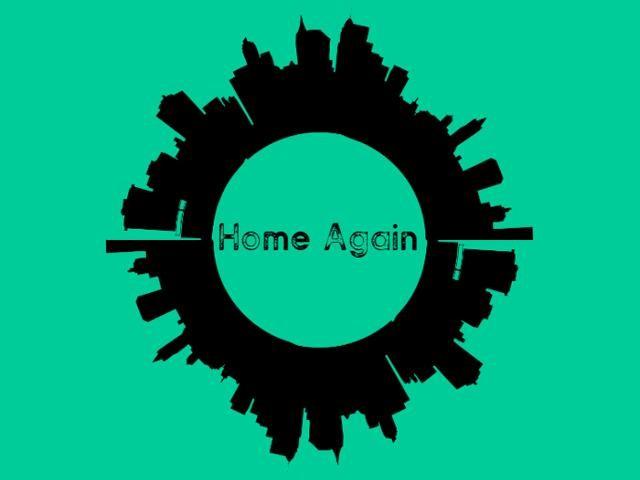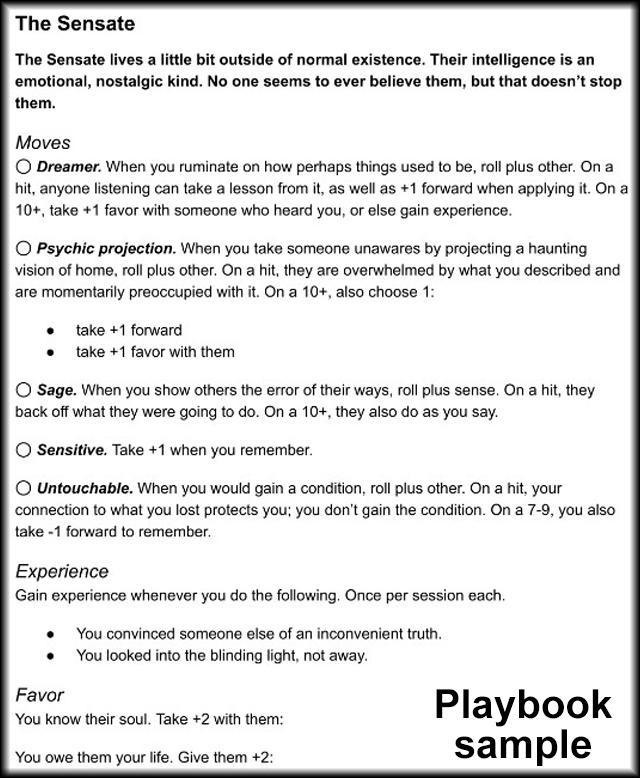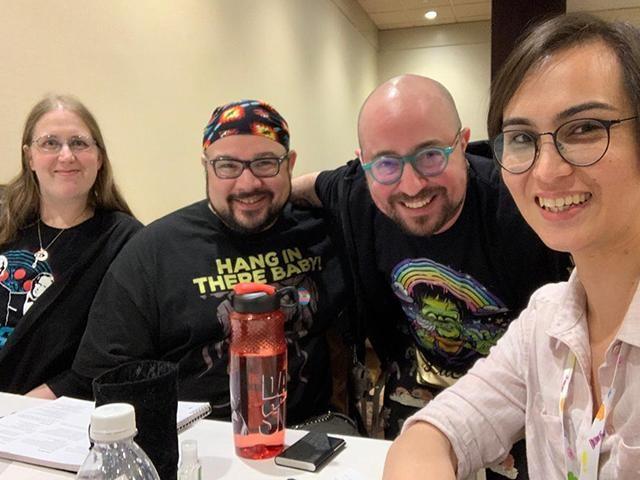Q&A: Nell Raban, the Filipina who developed 'Home Again,'a tabletop RPG about reclaiming one's lost cultural heritage
The loss of one's cultural identity is a reality experienced by people who have spent many years or generations away from their country of origin.
Reclaiming this cultural heritage is the core theme upcoming tabletop-role playing game "Home Again" explores.
Developed by Nell Raban, a Filipina game designer based in Chicago, "Home Again" centers around a fictional group of people known as the "Tao," who find themselves in a world that often sees them as strangers.
As such, "Home Again" will have players delving into issues such as living in "a society that doesn't understand them or care to," being part of an outgroup, and how a shared history has the power to bring people together.
Nearing the end of its development, "Home Again" is already available on its itch.io page. Raban was more than happy to talk to GMA News Online about her project, its themes, and the personal experiences that inspired its creation.

What is "Home Again" about?
[The overarching theme of "Home Again" is] reclaiming a cultural identity that was once lost, and the challenges that marginalized people face in doing so. You play as a member of a group of people called the Tao.
They used to live on an island by themselves, but around 40 years ago, some unknown cataclysm happened and they crossed over to another world that resembles this one. What was once and island is now a neighborhood in a major city. The Tao have also forgotten almost everything about how they used to live and have been forced to integrate into this new society.
What do players have to do in "Home Again"?
The players play characters who have a magical connection to their home world, which can be understood as a sort of gift of second sight or intuition. One way or another, they feel compelled to recapture the essence of who they used to be. Usually this line is tied to some other more concrete and immediate problem that the community faces.
What are some of the enemies and obstacles players will encounter in "Home Again"?
"Home Again" doesn't have enemies or monsters in the traditional sense. The primary source of conflict instead is the institutions, and the people that represent them, that block the player characters from being able to reclaim memories or correct injustice. The community's own "otherness" is another element that almost always influences the game, and it's such that it's built into the mechanics.
Can you tell me a about the city and institutions that serve as obstacles to the Tao?
"Home Again" doesn't really have default setting. But in the scenarios I've run, the institutions that have gate-kept – or at least surrounded – these memories have been law enforcement, museums, and schools. Every group who plays "Home Again" will have the opportunity to discuss the institutions that they want to go up against in their own games. And when the rule book is released, it will include basic guidelines for having these setup and world-building discussions.
What are the game's main features/mechanics?
Mechanically the game is pretty simple. It's based on the system introduced in "Apocalypse World" by D. Vincent Baker and Meguey Baker. But it's quite stripped down by comparison.
Players choose one of six playbooks, or character classes. The Book is the smart, info-gathering archetype. The Boss is a sort of leader type. The Butterfly is very socially-oriented. The Gambler likes to take risks and confront danger. The Minister is the healer and negotiator. And The Sensate is a bit of a psychic.

The core mechanic is a 2d6 roll to make "moves," which are like story-based skills. When you do something in the fiction that triggers a move, typically you roll and add the appropriate stat. On a 10+, you get a good success; on a 7-9, you get a partial success or have to make some compromise; on a 6 or worse, typically you fail and the [game master] finds a way to make things worse for you.
What are the major things on "Home Again"?
Core themes are community, otherness and, as the name would suggest, home. Specifically, the overarching theme is the interplay of these core themes. I think it's impossible to isolate these themes from each other, so I wanted to explore how they converge. How do otherness and marginalization drive a group of people to seek each other out and create space for themselves, and what does that space, or home, look like to them?
Are there any other aspects of the Filipino experience and Philippine culture that inspired your creation of the Tao?
"Home Again" evokes the experiences not only of a colonized people. That was an intentional part of my game design. The loss of culture I think is an inseparable aspect of Filipino life, but of course I can't personally speak to that. Rather, as a member of the diaspora, I have a somewhat different perspective on having lost a heritage that in some ways I never possessed in the first place.
And that's really the experience I'm trying to portray with "Home Again." What is it like to know you've lost something, but to almost have no idea what it ever was? This is why it's important to me that the game takes place more than a generation after the initial cataclysm. You're dealing with a trauma that has been passed down to you, rather than having experienced it firsthand.

What are your goals as a game developer?
I want to provide the frameworks for stories about and by people who are underrepresented in media, specifically from a Filipino diaspora perspective. I think we have such a rich history and culture and it's a shame we don't have the visibility.
What more can we expect from "Home Again"?
"Home Again" is nearing the end of its development cycle." […] Fingers crossed, the full version will be available for purchase this spring. — LA, GMA News
For more information on "Home Again," visit its itch.io page.
Much thanks to Gwendelyn Foster of the International Game Developers Association (IGDA) Philippines for introducing this writer to Raban



